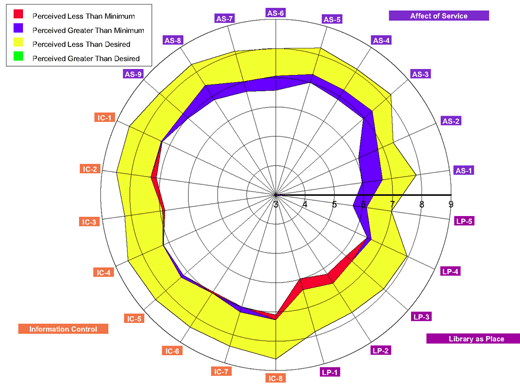When I was elected President of INFORMS in 2000 (my Presidential Year was 2002: they ease you into the job!), I was very proud to become President of a 14,000 member society (at the age of 42: don’t let the grey hair fool you). 14,000? Actually probably 12,000. Maybe 11,500. Where did all the members go? As I looked into things, I was pointed to (thanks Les Servi!) Bowling Alone, which gave exhausting statistical evidence that social capital activities of all types (including professional society membership) were decreasing. The importance of social capital and the need for societies to increase social capital opportunities became the theme of my presidency. We did some good things during my year, and many of those have continued.
But INFORMS remains a 10,000-12,000 member society. Financially, this is currently not much of an issue: “membership” on the INFORMS books loses money. But the times, they are a’changing. The main moneymaker for INFORMS is publications, with a very strong emphasis on academic library subscriptions. INFORMS would be a financially healthy organization if all it did was publish Management Science. But you don’t need to be a diviner to see that this is not a stable base. Academic libaries are cutting budgets and alternative publication outlets are increasing in importance. Even now, I need to stress to my colleagues from a computer science background that they (currently) need to publish in journals: for them, conferences provide the primary outlet.
Even beyond the financials, having a strong membership is a good thing for our field. While I was convinced by Bowling Alone that a decreasing membership is not the sign of the death of a field, not everyone buys that argument. If operations research is as important as, say, economics, why are there 20,000 members of the American Economic Association but only 10,000 members of INFORMS? (By the way, the AEA table gives a good picture of the issues every society is facing: is economics really 20% less relevant now than it was in 2001, as given by the AEA membership numbers?).
So, to get to the crux, can INFORMS be a 20,000 (or 30,000 or 50,000) member society? The US Bureau of Labor Statistics believes there are 58,000 OR analysts, and predicts this to increase to 65,000 in 2016. I would guess that no more than 1,000 of these are members of INFORMS (I would not fall in this category, and I am pretty typical of INFORMS members). Is this our market? How would we get them? Or are there people in our traditional group (Ph.D.s or students towards that degree, primarily in academia but many in practice or academics with a practice bent) that we should be aiming for? Or perhaps retention is the issue: we lose 20-30% per year (I believe), meaning we have to attract 2,000-3,000 new members per year just to stay even.
Or should INFORMS be happy decreasing to to 5,000 members, perhaps while still providing services to a larger group? Would this be a bad outcome?
I’m on a few committees for INFORMS that look at these issues, but, now that my Board time is done, I don’t speak for INFORMS. So I am interested in your views, loyal reader of MTORP: What should INFORMS do? The easy answer is to provide more at a lower cost. That is going to be hard to do.
We can provide less at a lower cost: imagine a $30 membership where you get nothing more than a subscription to OR/MS Today (a fantastic magazine). Everything else is a la carte. You want to go to a conference: no member discount (or perhaps you have to be a member, so you have saved $30); you want a journal: here’s the cost; want a subdivision: they all now charge real dues. $30 gets you in the door: everything else has a price tag. Jim Orlin provided one vision of a lower cost membership.
Or perhaps we increase membership to $250 (it is currently $144). We upgrade the website to create a true social network. Everything becomes cheaper (for members!). But we lose lots of members who don’t want to pay $250.
But I don’t want to provide too many possibilities: I’d like your views. What would you like INFORMS to do, and why?
 Stuart Mitchell, a buddy from my New Zealand year (and I hope soon a coauthor), passed along a neat “
Stuart Mitchell, a buddy from my New Zealand year (and I hope soon a coauthor), passed along a neat “ Pittsburgh is becoming the center of the universe when it comes to combining baseball with operations research. First, there is … well, me! … a Professor of Operations Research whose
Pittsburgh is becoming the center of the universe when it comes to combining baseball with operations research. First, there is … well, me! … a Professor of Operations Research whose